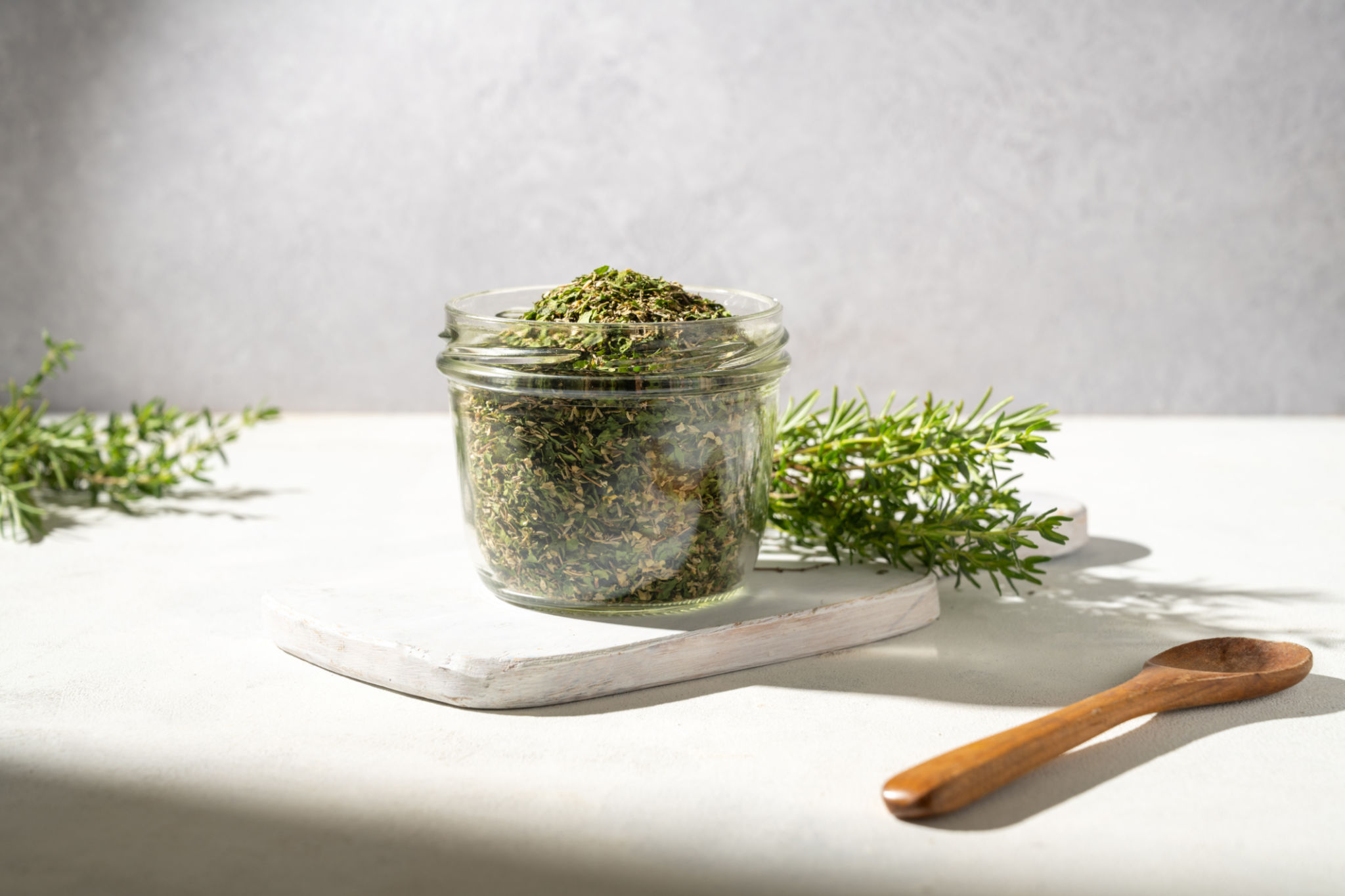How Herbal Treatments Can Manage Herpes Naturally
Understanding Herpes and Its Challenges
Herpes is a common viral infection caused by the herpes simplex virus (HSV), which can manifest either as oral herpes or genital herpes. Despite its prevalence, managing herpes can be challenging due to its recurring nature and the stigma often associated with it. While conventional medicine offers solutions, many are exploring herbal treatments as a natural alternative to manage symptoms and reduce outbreaks.
Herbal treatments have gained popularity for their potential to offer relief without the side effects commonly associated with prescribed medications. These natural remedies can work synergistically with the body's own healing processes, providing a holistic approach to managing herpes.

Popular Herbal Treatments for Herpes
Lemon Balm (Melissa officinalis)
Lemon balm is renowned for its antiviral properties and is often used in topical creams to soothe herpes lesions. Its active compounds, such as rosmarinic acid, can help reduce redness and swelling while promoting healing. Applying a lemon balm ointment directly to the affected area can provide relief from itching and discomfort.
Licorice Root (Glycyrrhiza glabra)
Licorice root contains glycyrrhizin, which has demonstrated antiviral effects against HSV. This herb can be consumed as a tea or used in cream form to apply directly to outbreaks. Licorice root may help in inhibiting the replication of the virus, thus minimizing the frequency of outbreaks.

Boosting Immunity with Herbal Supplements
A strong immune system plays a crucial role in suppressing herpes outbreaks. Certain herbs are known for their immune-boosting properties, which can be vital in managing the virus naturally. Here are some effective options:
- Echinacea: Known for its ability to enhance the immune system, Echinacea can help reduce the severity and duration of herpes outbreaks.
- Olive Leaf Extract: This extract contains oleuropein, an active compound with powerful antiviral properties that can help combat herpes.
- Astragalus: Often used in traditional Chinese medicine, Astragalus supports immune function and can help prevent recurrent infections.

Dietary Considerations for Managing Herpes
In addition to herbal treatments, dietary choices play a significant role in managing herpes naturally. Consuming foods rich in lysine and limiting arginine intake can be beneficial. Lysine, an amino acid, may help reduce the frequency and intensity of outbreaks.
Foods high in lysine include:
- Dairy products like yogurt and cheese
- Fish such as salmon and sardines
- Poultry including chicken and turkey
The Importance of Lifestyle Modifications
Beyond herbs and diet, lifestyle modifications are essential in managing herpes naturally. Reducing stress through practices such as yoga, meditation, or regular exercise can significantly impact outbreak frequency. Stress is a known trigger for herpes flare-ups, so maintaining mental wellbeing is crucial.
Getting adequate sleep is another vital aspect, as it helps maintain a well-functioning immune system. Incorporating relaxation techniques into your daily routine can support overall health and potentially reduce herpes symptoms.

Consulting a Healthcare Professional
While herbal treatments offer promising benefits, it's important to consult with a healthcare professional before starting any new regimen, especially if you are currently on medication or have underlying health conditions. A professional can provide guidance tailored to your specific needs and ensure there are no interactions or contraindications with existing treatments.
Incorporating herbal treatments into your lifestyle can be an empowering step towards managing herpes naturally. By supporting the body's natural defenses and fostering overall wellness, these remedies provide a holistic approach to living with this common condition.